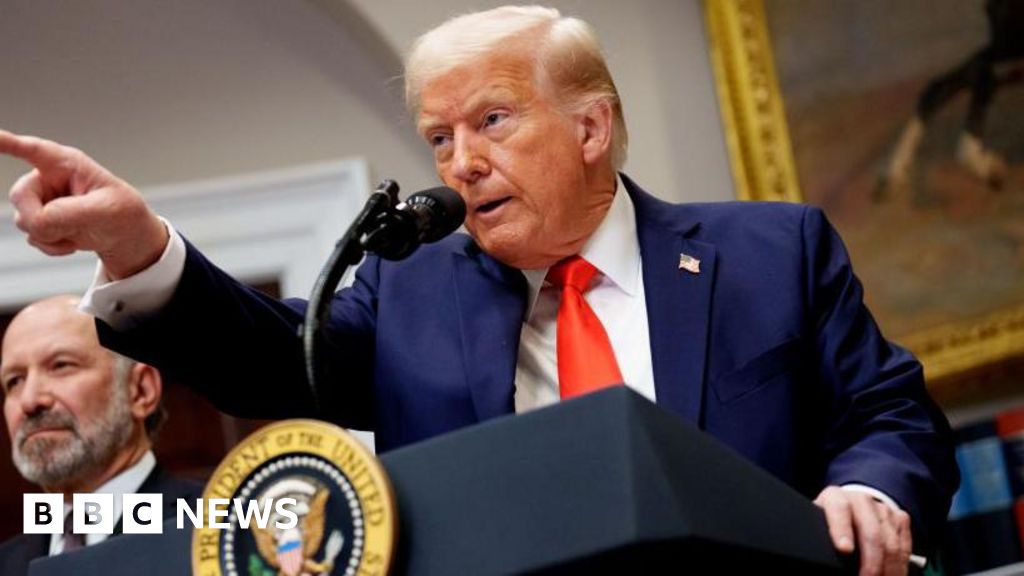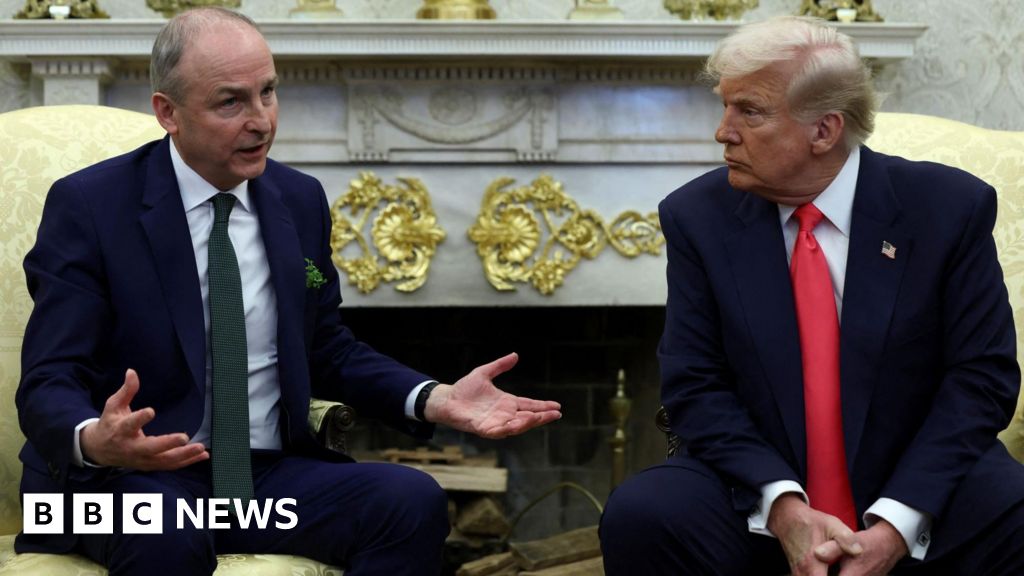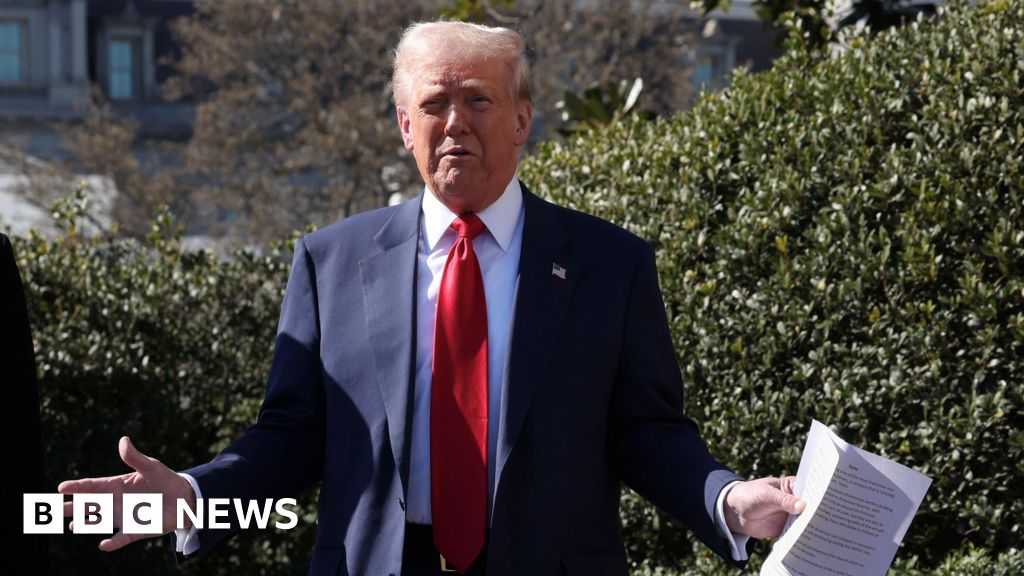ARTICLE AD BOX
image sourceGetty Images
image captionBusiness Secretary Kwasi Kwarteng has told the Competition and Markets Authority to investigate the takeoverThe UK has ordered a security review into the planned China-linked takeover of a Welsh graphene firm.
Business Secretary Kwasi Kwarteng has told the Competition and Markets Authority to investigate the takeover of Perpetuus by a firm called Taurus International and a Chinese academic.
Mr Kwarteng issued the public intervention notice "on the public interest ground of national security".
The CMA has until 7 February next year to report on the planned move.
According to government documents, the business department has concerns because while Perpetuus has just 14 employees and turnover of less than £500,000, it supplies "at least one quarter" of all graphene plasma goods in the UK.
The review of the potential takeover comes weeks after the government announced it would also scrutinise proposed takeover deals of defence and aerospace firms such as Ultra Electronics and Meggitt by US companies.
Mr Kwarteng recently cautioned that foreign investment in the UK "must not threaten our national security".
Few details are available online on Taurus International, which was registered in 2020, or the proposed deal.
The CMA has, however, also been instructed to investigate the involvement of Chinese academic Dr Zhongfu Zhou, "or any enterprise associated with him or the company" in the takeover.
Perpetuus's website describes Dr Zhou as its chief nanotechnology scientist and one of the world's leading authorities in 2D materials and their applications, such as graphene.
It says after graduating and working as a lecturer in China, Dr Zhou studied further in the UK, before taking up a post at Aberystwyth University's Department of Physics as a research professor.
image sourceGetty Images
image captionIn the 2D-material graphene, carbon atoms are arranged in a honeycomb structurePerpetuus, founded in 2013, has justthree sites across South Wales. Although it only had a turnover of £479,000 in the year to March 2020, according to its latest accounts filed, it has attracted the attention of Taurus International due to its innovations.
Graphene has previously been described as a "wonder material", stronger than diamond and flexible like rubber - despite being one of the thinnest materials in the world.
It was discovered in 2004 by academics at Manchester University, who were awarded the 2010 Nobel prize in physics for their work.
Perpetuus says on its website that it has used its technology to strengthen goods such as bicycle and car tyres, for example.It has also been reported it is developing "graphene-enabled" batteries.
The CMA will prepare a report on the proposed Perpetuus deal by 7 February next year.
The BBC has approached Perpetuus and Dr Zhou for comment.

 3 years ago
54
3 years ago
54








 English (US) ·
English (US) ·